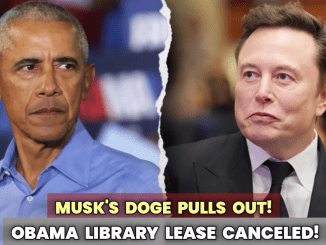
In a surprising turn of events, the Pentagon has announced the launch of a polygraph investigation following a controversial statement made by Tesla CEO Elon Musk. Musk, well-known for his outspoken nature and frequent use of social media, recently called for the prosecution of officials spreading ‘maliciously false information’. This statement has sparked widespread debate and raised questions about the role of misinformation in today’s society. The issue began when Musk took to Twitter to express his frustration with what he described as ‘maliciously false information’ being spread by certain individuals within the government. Musk did not provide specific details or name any individuals, but his remarks were enough to catch the attention of the Pentagon, which decided to take action.

The decision to launch a polygraph investigation is a significant step, as it signifies the Pentagon’s commitment to upholding the truth and ensuring that accurate information is disseminated. Polygraph tests, also known as lie detector tests, are often used by government agencies to determine the truthfulness of individuals in sensitive positions. By conducting these tests, the Pentagon aims to root out any individuals who may be spreading false information in violation of their responsibilities. Elon Musk’s call for the prosecution of such individuals is not without merit. In recent years, misinformation has become a serious problem, with false information spreading rapidly through social media and other channels. This has had real-world consequences, leading to confusion, division, and even violence in some cases. By holding individuals accountable for spreading false information, Musk hopes to combat this trend and promote a culture of honesty and transparency.

However, Musk’s stance has also been met with criticism from some quarters. Critics argue that his call for prosecution may infringe on freedom of speech and could have a chilling effect on dissenting viewpoints. They point out that determining what constitutes ‘maliciously false information’ can be a subjective and potentially dangerous exercise, as it may lead to the censorship of legitimate criticism or differing opinions. Despite these concerns, the Pentagon’s decision to launch a polygraph investigation reflects the seriousness with which the issue of misinformation is being taken. In an era where information can be weaponized and used to manipulate public opinion, it is more important than ever to hold individuals accountable for spreading false or misleading information. By taking decisive action, the Pentagon is sending a clear message that spreading misinformation will not be tolerated within its ranks. As the investigation unfolds, it remains to be seen what the outcome will be and whether any individuals will be held accountable for their actions. In the meantime, Elon Musk’s call for prosecution serves as a reminder of the importance of honesty, integrity, and accountability in all aspects of public discourse. Only by holding individuals accountable for spreading false information can we hope to combat the scourge of misinformation and build a society based on truth and transparency.



